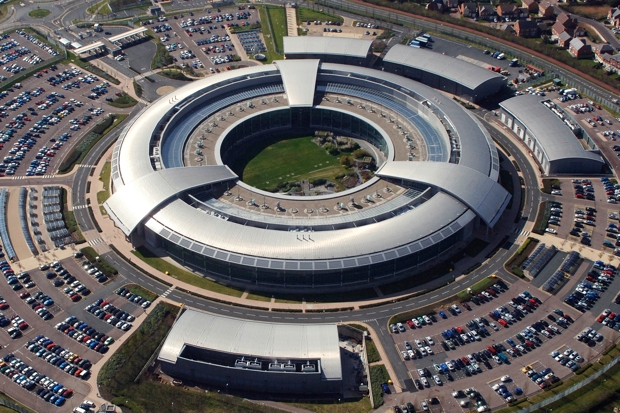Apparently, I’d make a good spy. I may not be discreet or fluent in Russian, but I do have one rare quality that GCHQ prizes: I’m dyslexic.
The intelligence agency apparently employs more than 100 dyslexic and dyspraxic spies, who lend ‘neuro-diversity’ to the war against terror. Speaking to The Sunday Times, the head of dyslexic and dyspraxic support at GCHQ praised dyslexics’ ability to analyse complicated information in a ‘dispassionate, logical and analytical’ way.
Dyslexia doesn’t have to be a ‘learning disability’: it merely means that you learn in a different way to the majority. My mild dyslexia made primary school difficult, but I’ve since come to see it as an advantage. It often gives those it affects what GCHQ describe as a ‘spiky skills profile’ – it can make you very good at some things and terrible at others.
My skills profile is very spiky indeed. My most recent educational psychologist’s report comments on the ‘extreme discrepancies’ in my abilities. In the test on sounding out unknown words I scored in the lowest percentile for my age group, but in the verbal analogies test I was on the 99th. I scored 96 per cent in the visual reasoning exercise, but 50 per cent in the spelling test.
Dyslexics’ brains work in a different way, meaning that we’re able to spot patterns and make links that others miss. We think outside of the box by default. We might overlook some of the things that everyone else considers obvious, but that rarely matters – to others these links are self-evident, so someone else will think of them (and probably won’t get much credit for it).
GCHQ’s policy is a recognition that intelligence is a multi-faceted thing, and that diversity is about more than gender, race and sexual orientation. We complain that top companies don’t have enough female perspectives in the boardroom, but employing more dyslexics could perhaps bring an even deeper diversity to the table. As the Oxford-based dyslexia researcher Anna Pitt told the Guardian this week, we should look to dyslexics like Einstein or Richard Branson: their condition ‘forced them to challenge the norm and find a new way of doing things. Sometimes this results in a solution which is better than the regular one.’
Of course, my dyslexia has its downsides. My history degree is made harder by the fact that I struggle to notice that ‘1789’ and ‘1879’ are different numbers. I’m so embarrassed about my spelling that, even if I’m only writing a Postit note to a friend, I put it through the spellchecker first.
And for many people there’s no bright side to being dyslexic at all. ‘Dyslexia’ is a rather meaningless label, covering a huge spectrum of conditions. When severe or coupled with other learning difficulties, it’s often seriously disabling. Even in mild cases, dyslexic kids need support at primary school to become literate and numerate and remain engaged with education. But GCHQ are right – sometimes it helps to be dyslexic.







Comments